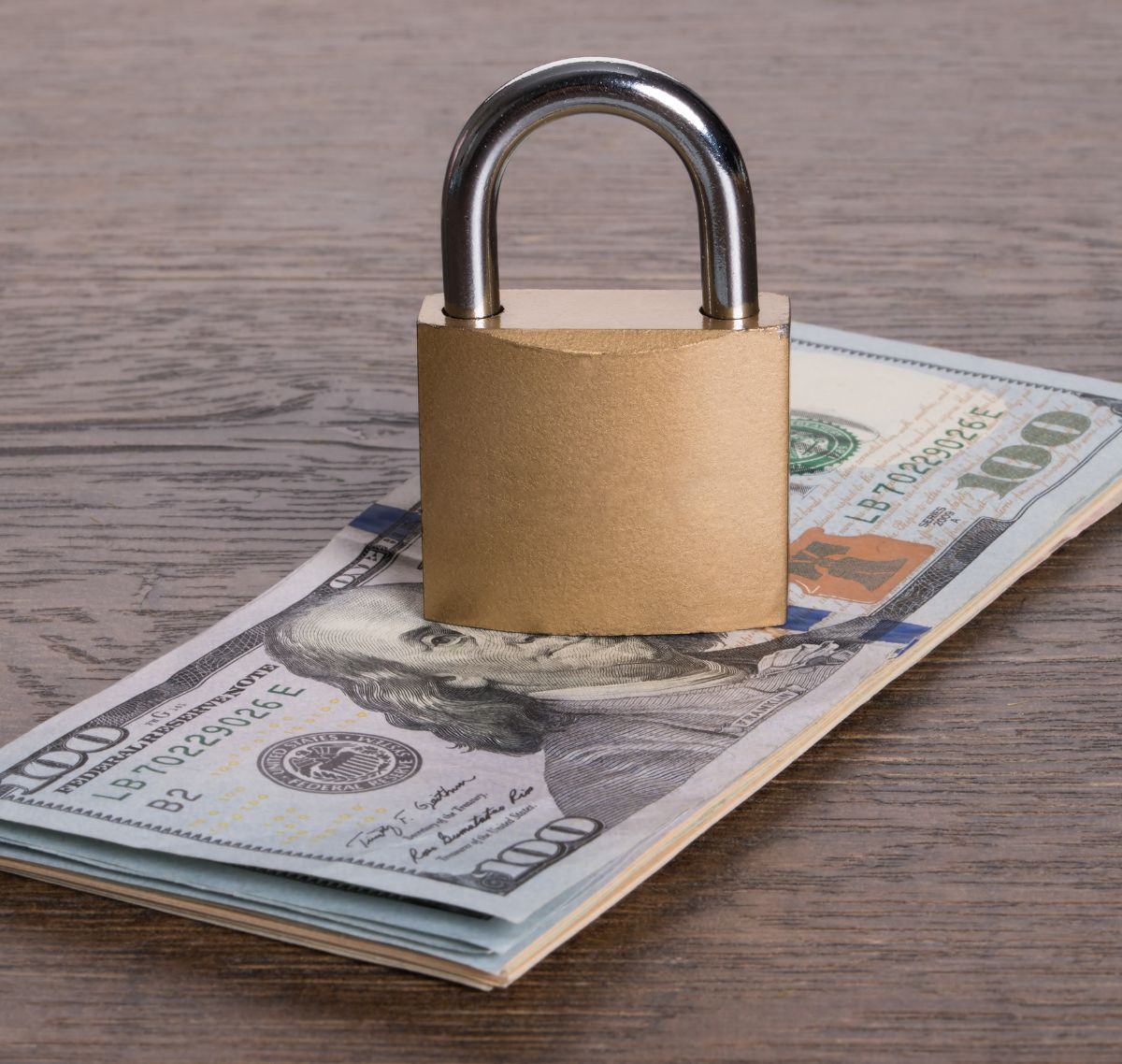According to the Consumer Financial Protection Bureau, “Identity theft occurs when someone steals your identity to commit fraud.”
It’s important to be aware of scams and ways that fraudsters might try to trick you and steal your private financial information including your banking or credit card information, Social Security Number or Individual Taxpayer Identification Number, and other personal details such as your email, birthday, address, etc. Learn more about fraud and scams.
There are some ways to stay safe and keep your financial information secure. Use these tips from the Consumer Financial Protection Bureau (Source: CFPB):
- Never pay up front for a promised prize. It’s a scam if you are told that you must pay fees or taxes to receive a prize or other financial windfall.
- After hearing a sales pitch, take time to compare prices. Ask for information in writing and read it carefully.
- Too good to be true? Ask yourself why someone is trying so hard to give you a “great deal.” If it sounds too good to be true, it probably is.
- Watch out for deals that are only “good today” and that pressure you to act quickly. Walk away from high-pressure sales tactics that don’t allow you time to read a contract or get legal advice before signing. Also, don’t fall for the sales pitch that says you need to pay immediately, for example by wiring the money, sending it by courier or over a payment app, or by sending cryptocurrency.
- Beware when someone plays on your emotions or claims there’s an urgent situation. Advances in artificial intelligence make it easier for scammers to clone voices and alter images to make it seem like someone you know needs help. Contact the person yourself to verify the story. Use contact information you know is theirs. If you can’t reach them, try to get in touch with them through another trusted person, like a family member or friend.
- Don’t click on links or scan QR codes. These can take you to scammers’ malicious websites or give them access to your device.
- Put your number on the National Do Not Call Registry. Go to www.donotcall.gov or call (888) 382-1222
Be Mindful of Downloading Financial Apps
There are now many apps on the market that offer budgeting support, credit services, and more. Before downloading an app, consider:
- Does this app cost money, or is it advertised as “free?”
- If the app is free, how does this company make money?
- Will my information be shared with banks and financial institutions that will market their products to me?
- Do I have to connect my bank accounts to this app to use its features (common for budgeting apps)?
- How is this app using my data, and who does it share my data with?
- Is there a way to limit data sharing and limit marketing to me?
- Are there other tools that can offer me the same service that I should consider?
Remember that although an app may be advertised as being “free,” it’s usually making money somehow, whether that is sharing your data with third parties, using your data to better understand consumer financial behaviors, or advertising financial products to you that you may not need or want.
Do your research before downloading financial apps and sharing your data.
You may decide that the risk is low and the convenience of the app is high, which is okay – just be sure you know the pros and cons so that you can make the decision that’s best for you.
If you or someone you know was a victim of a financial scam, learn what to do here.

